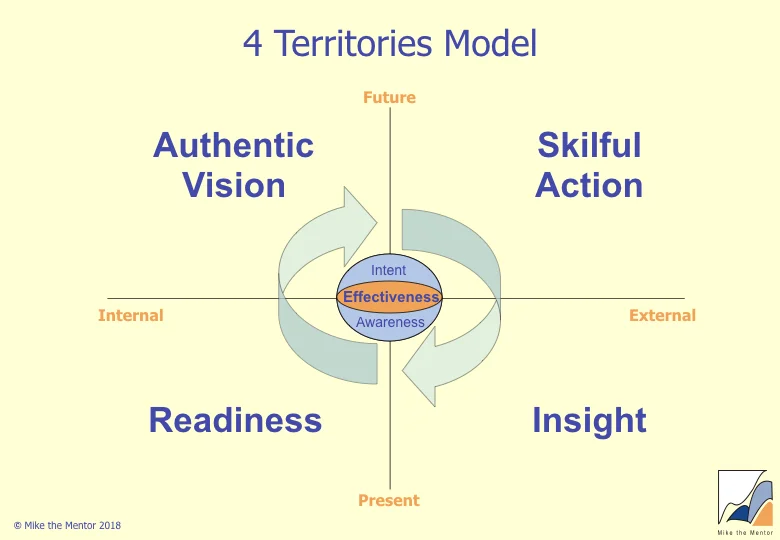Valuing and Feedback
/We all do better at work and in the rest of our lives if we have the experience that what we do matters, that we are valued, and that our presence makes a difference to others. One way we experience this is by hearing regularly from others how they value what we do. But what is the most effective way to give this kind of feedback?
Probably the most common form of feedback involves telling people what they're doing wrong and how they should be doing it. Whilst this may on occasion lead to improved performance, it certainly doesn't make people feel valued. So instead, it is often suggested that feedback should focus on what the person is doing right so that they are encouraged to do more of it and feel appreciated.
What both these approaches - focussing on what doesn't work or on what does work - have in common is that the feedback giver decides what is right and what is wrong. But, in giving feedback that evaluates the person and their behaviour, we implicitly attempt to impose our view of the person on that person: we try to shape and mould them to what we see them to be: we presumptuously entitle ourselves to determine what makes them valuable. And, in doing that, we implicitly devalue the person's view of themselves.
So for example, someone may say to you "That was an excellent presentation you gave yesterday. You really understood the key issues. You were stunning." Which is nice to hear. But the problem is that you have your view of how excellent the presentation was, how well you understood the key issues, and how stunning you were. And, if your view is different, to accept the appreciation you have to devalue your own experience.
So what is the alternative? Kegan and Lahey in their book How the Way We Talk Can Change the Way We Work: Seven Languages for Transformation suggest that the most powerful feedback occurs when we don't evaluate or characterise the other person's attributes but rather describe our own experience of what has happened. Instead of "Alan, I appreciate what a generous person you are", we might say ""Alan, I really appreciate the way you took the time to fill me in on what I missed - it made a real difference to me". So instead of telling Alan something of who we think he is, he learns what your experience of him or his actions is.
Thus, rather than praising, or positively defining a person to themselves, we inform the person about our experience of them. By not trying to tell someone who they are and how they are doing but instead telling them about the impact they have on others we empower them in two ways: by giving them information about the impact they have on those around them and by giving them the freedom to be who they are.

